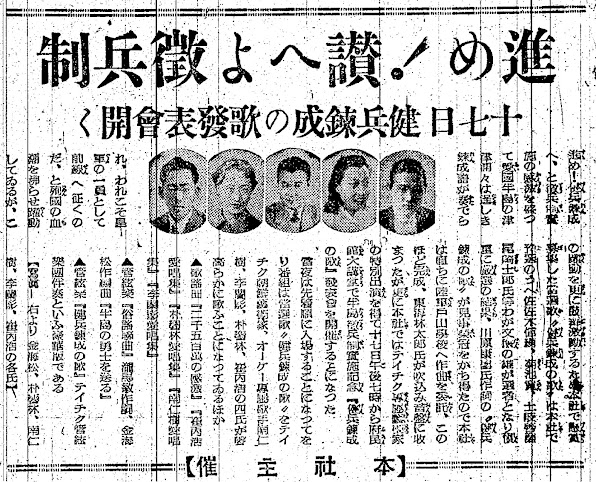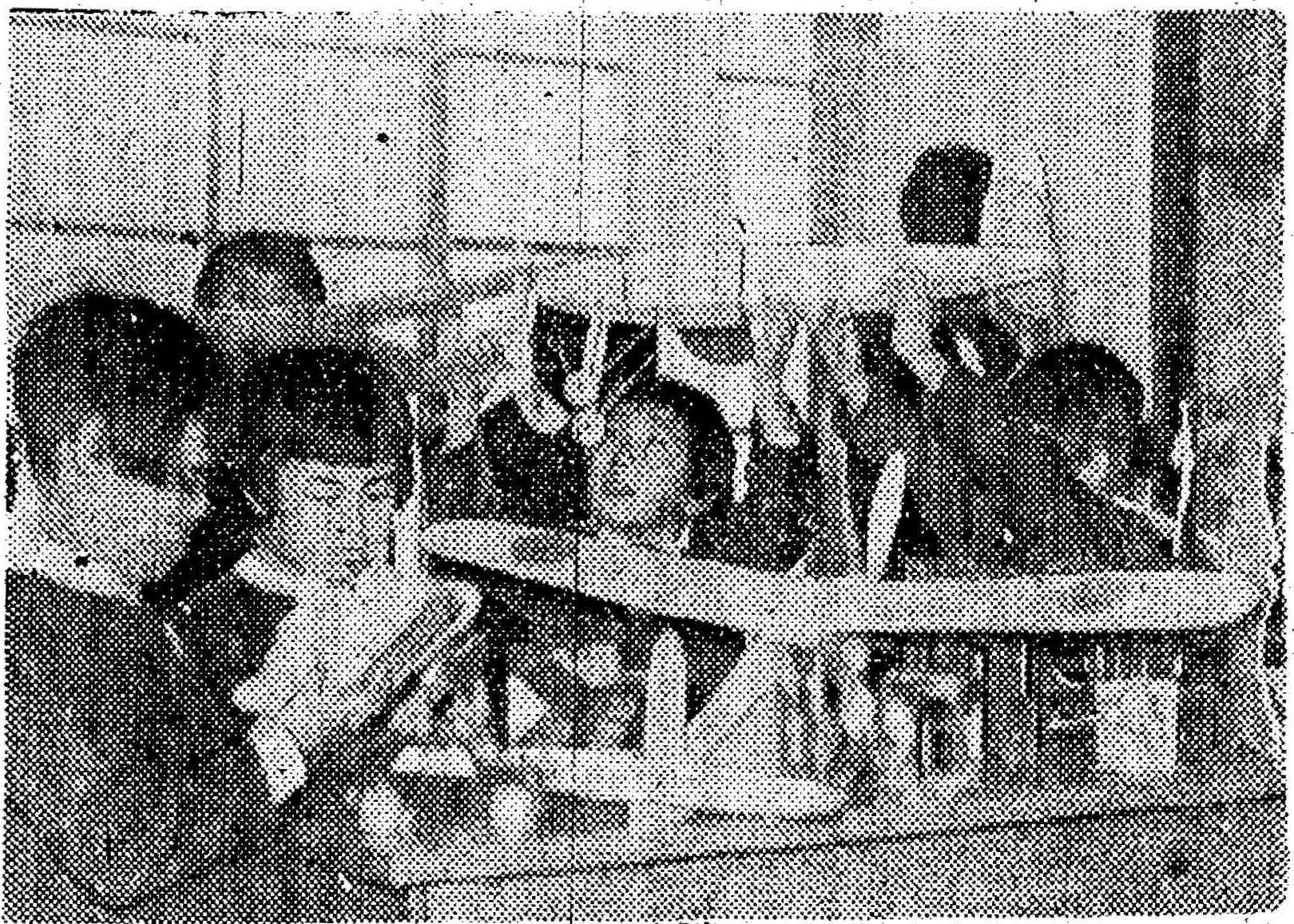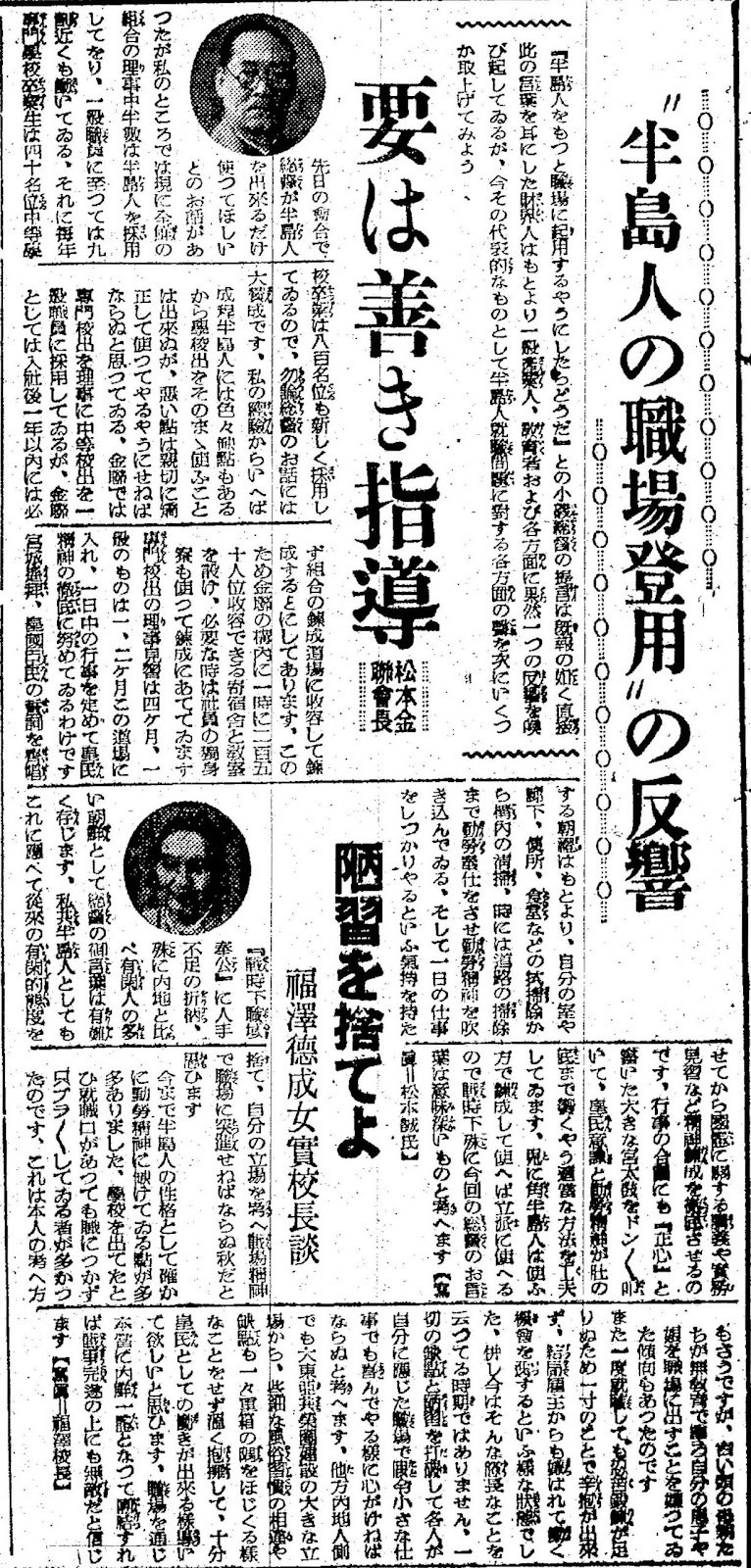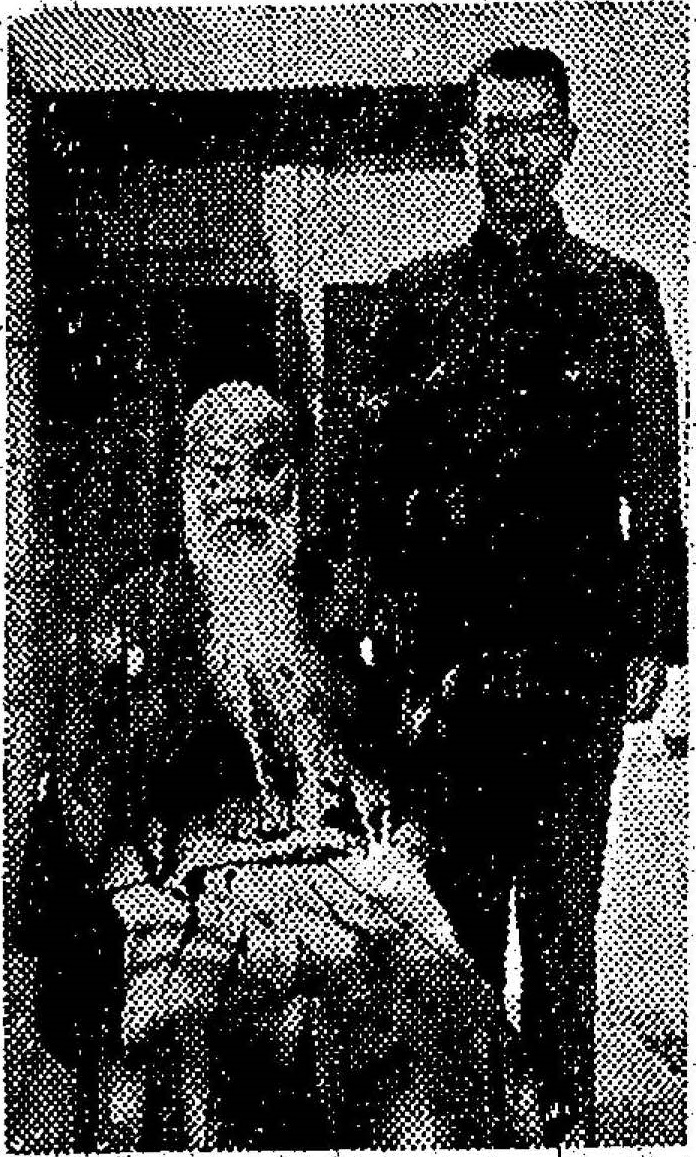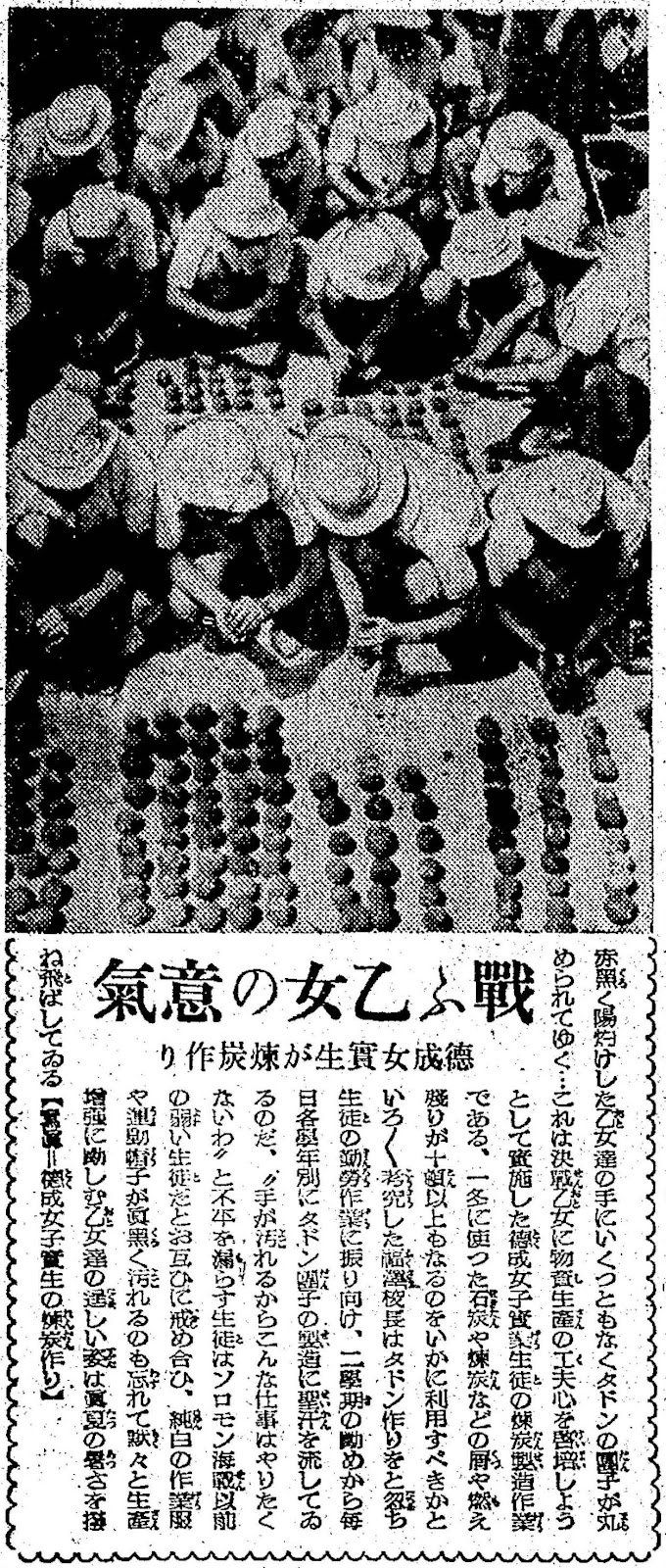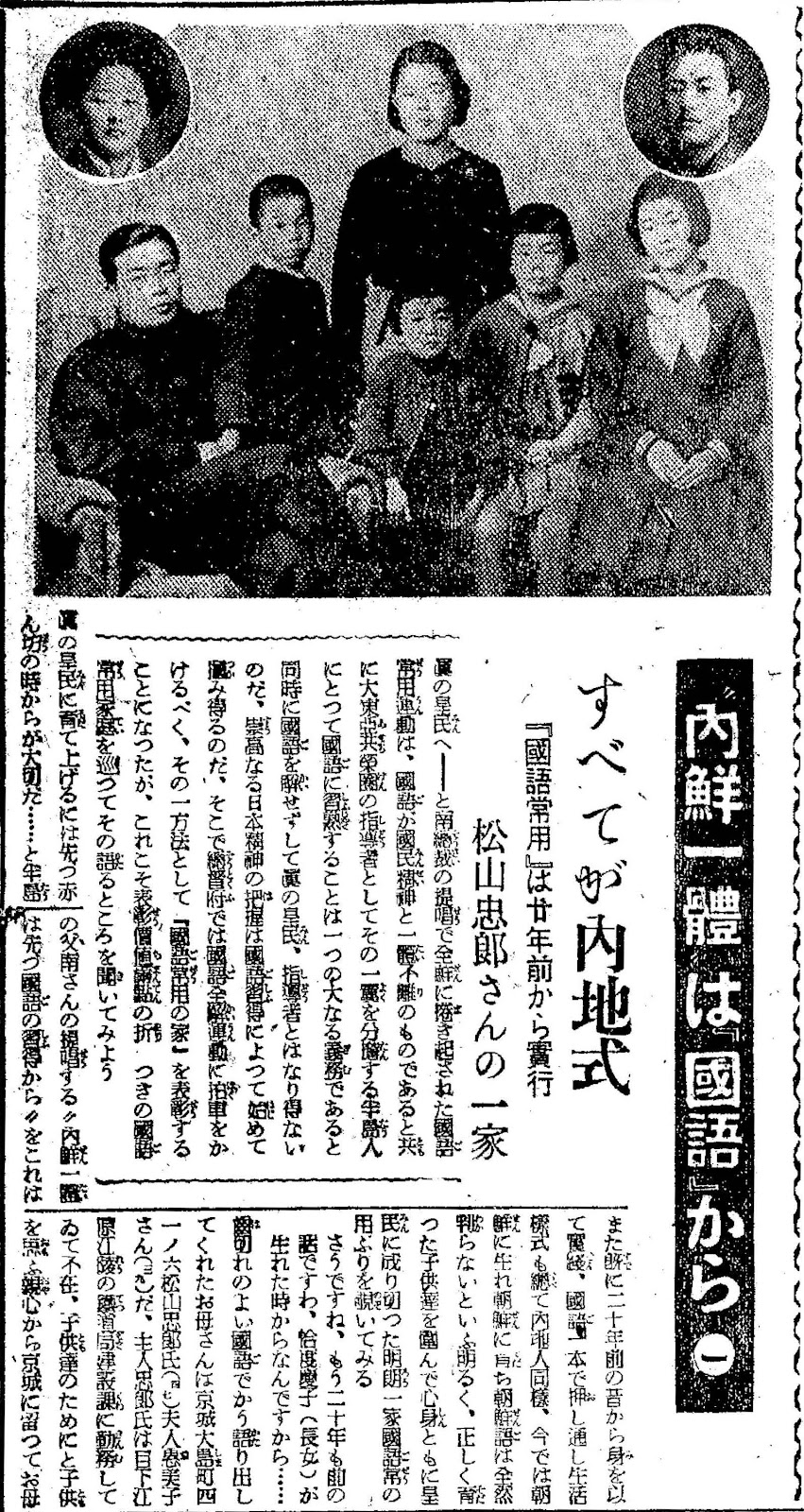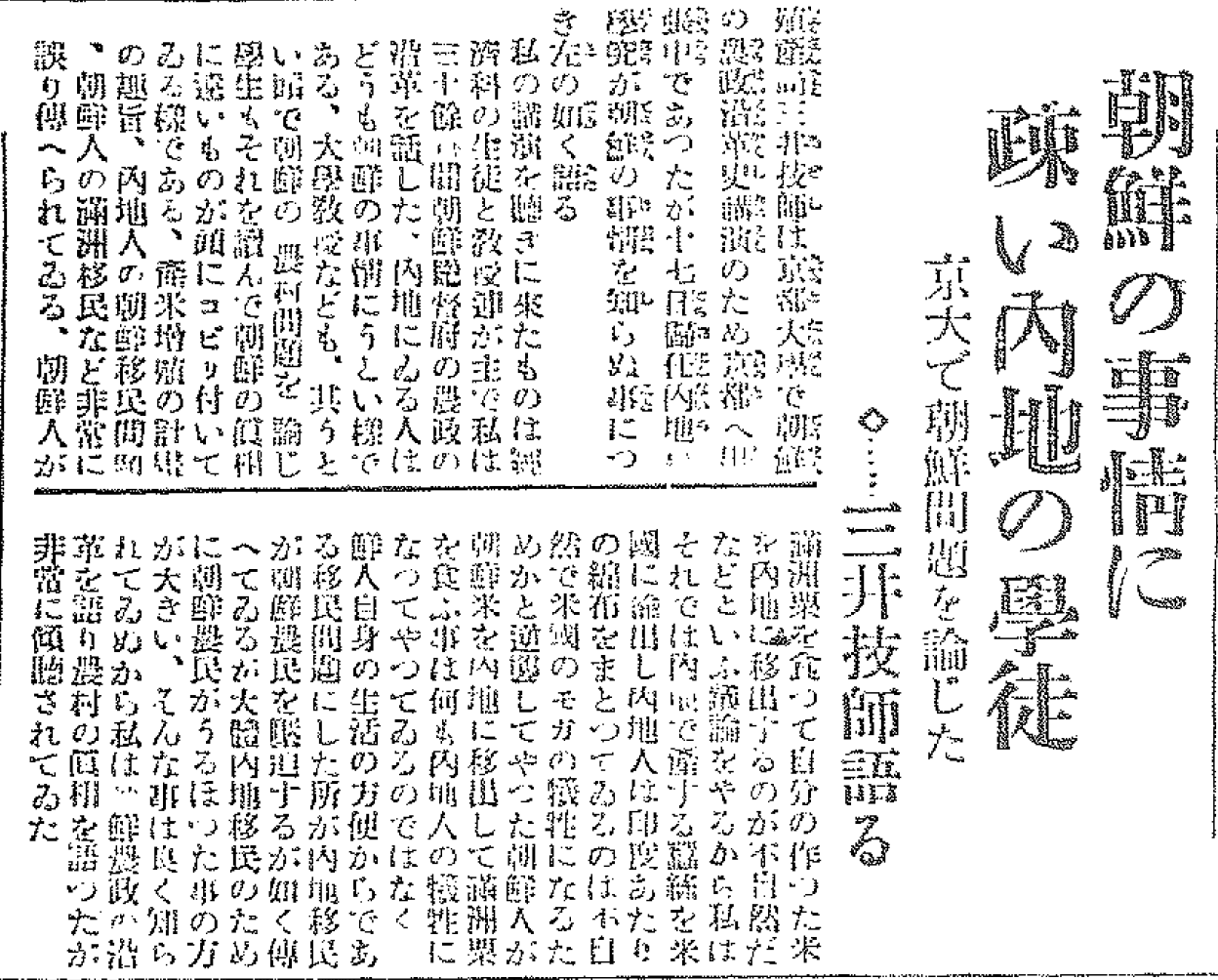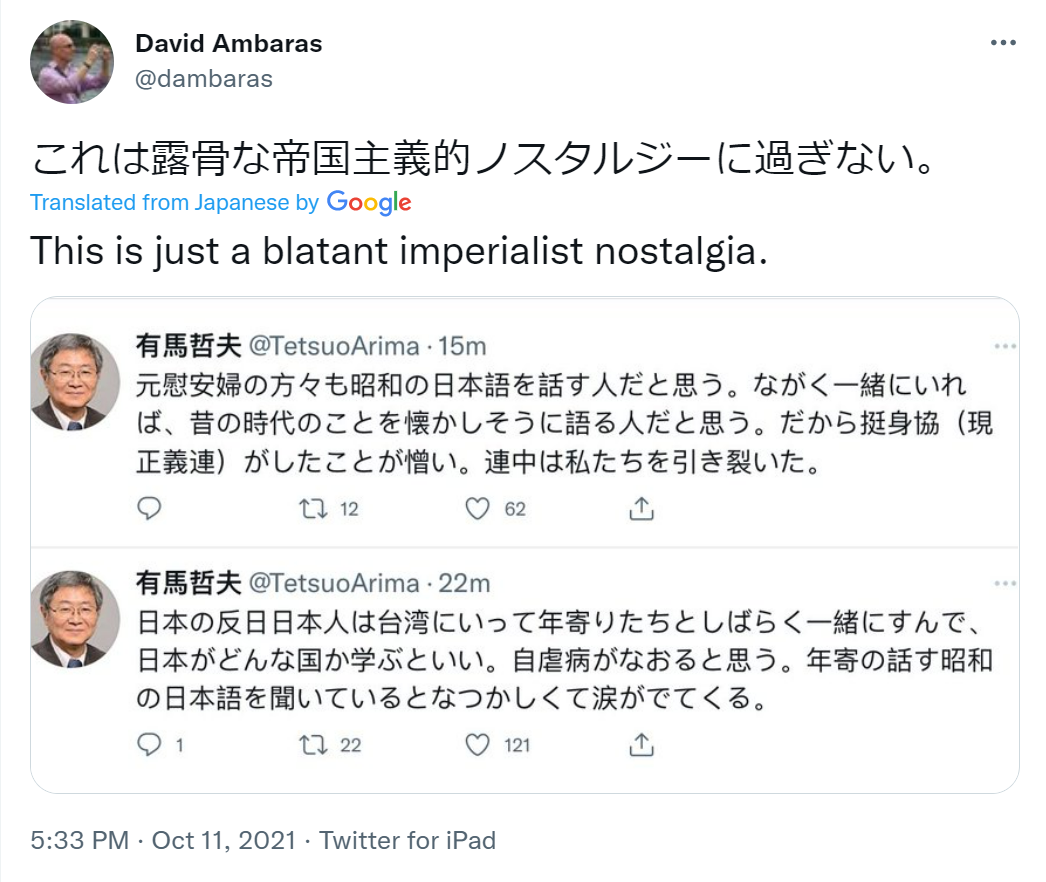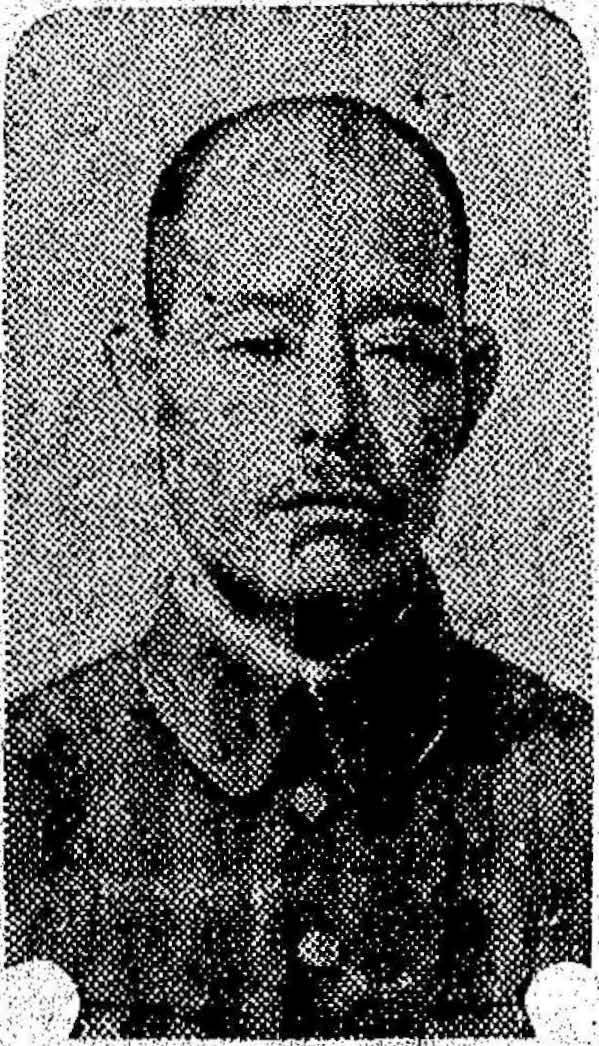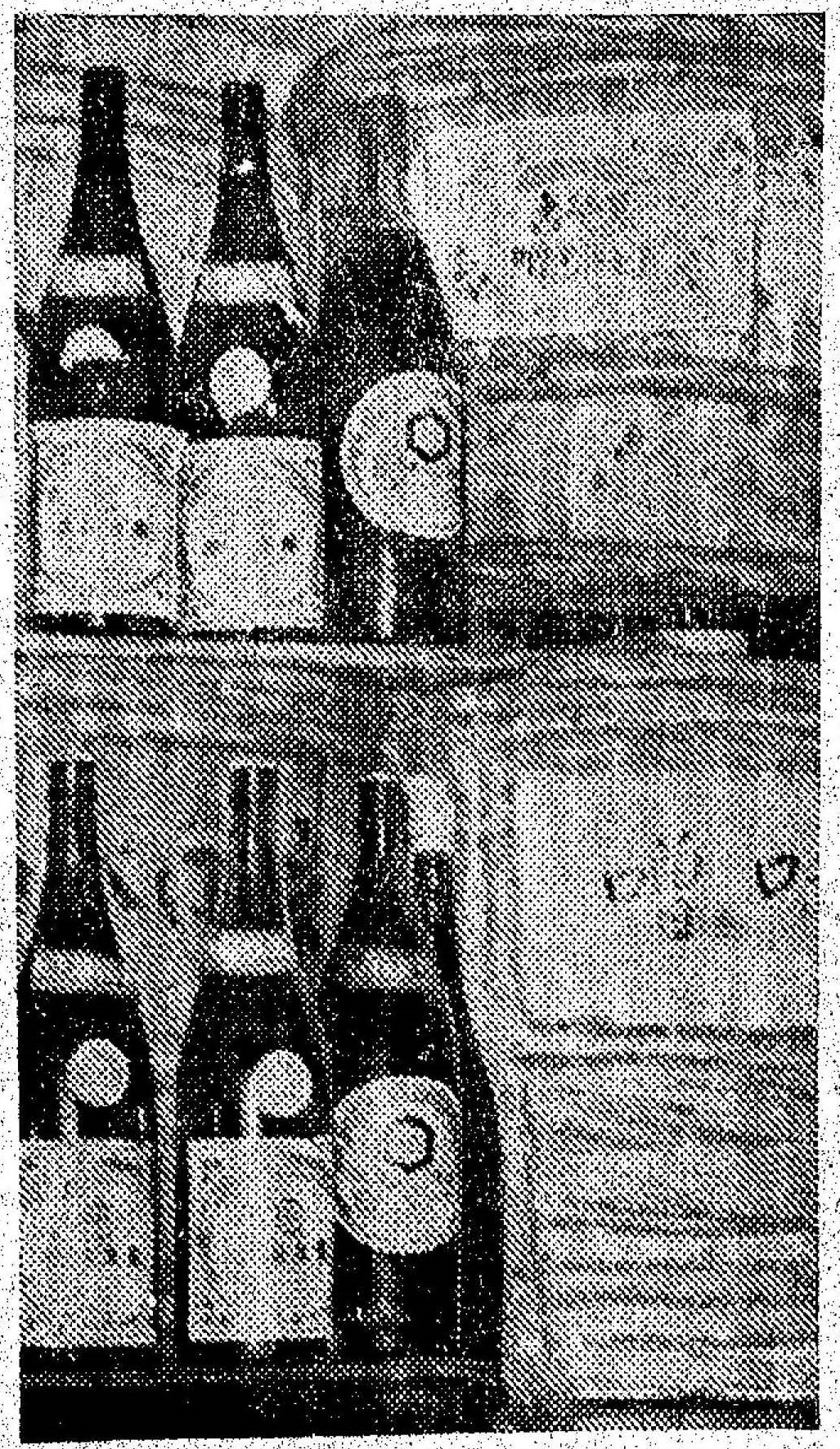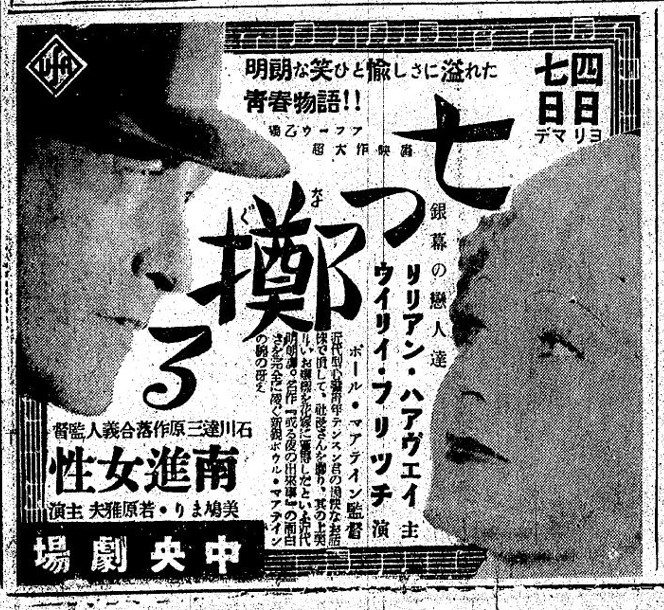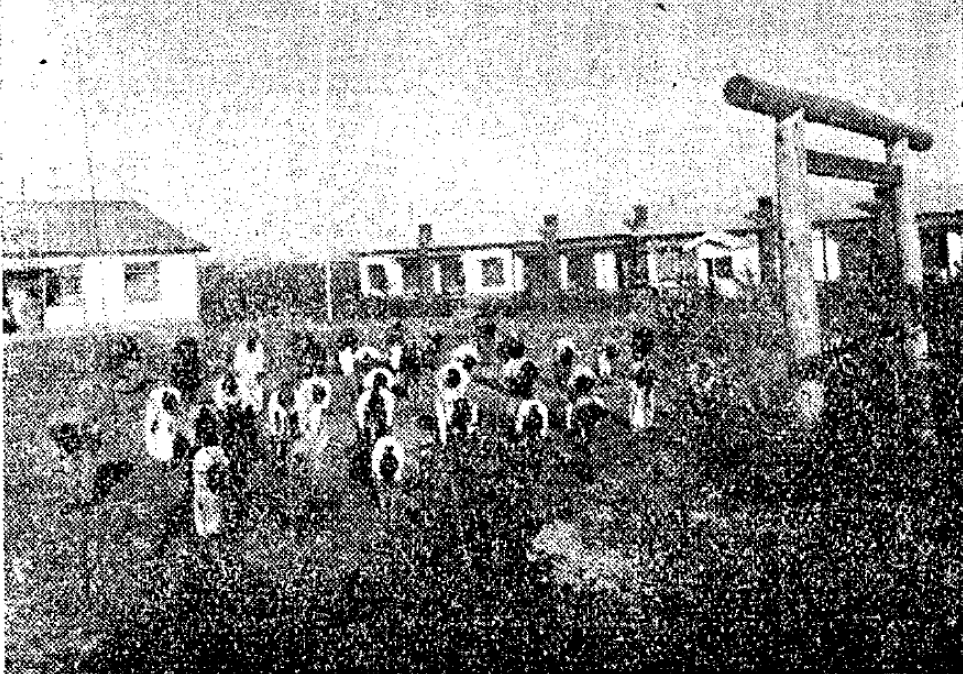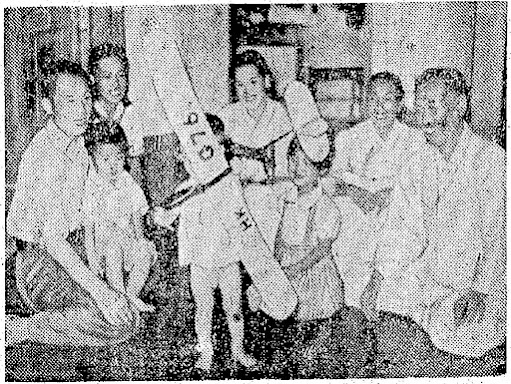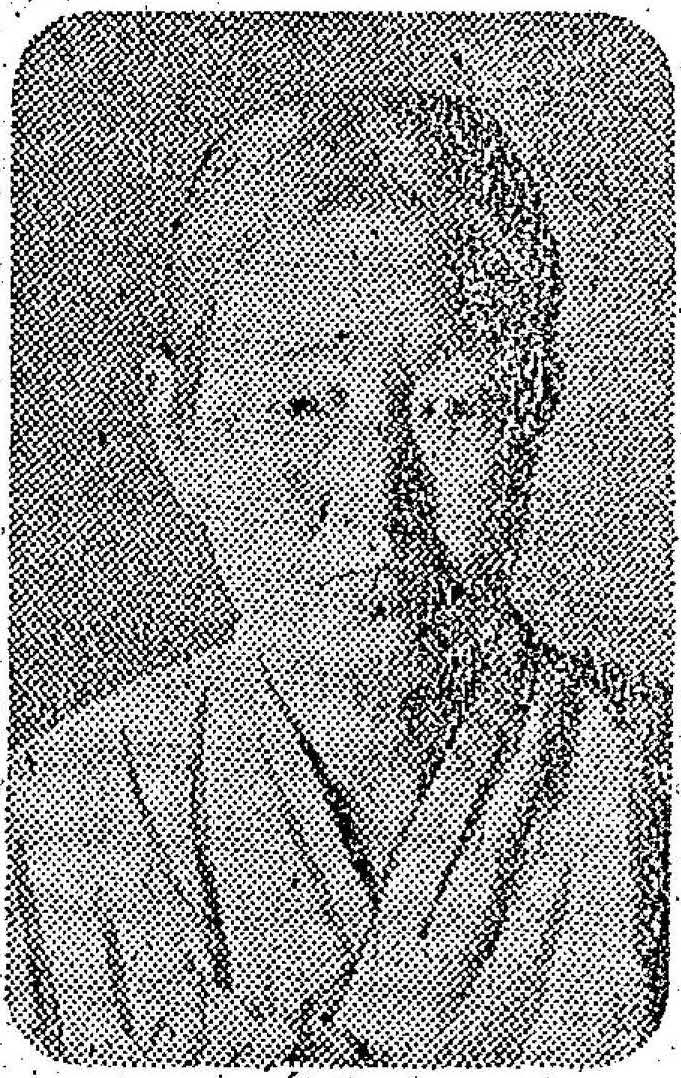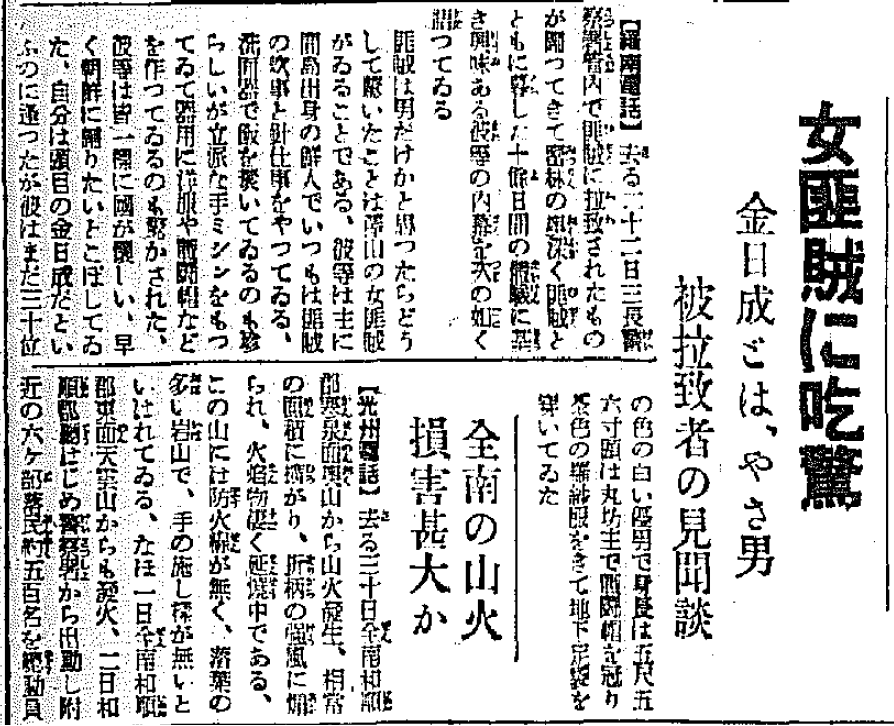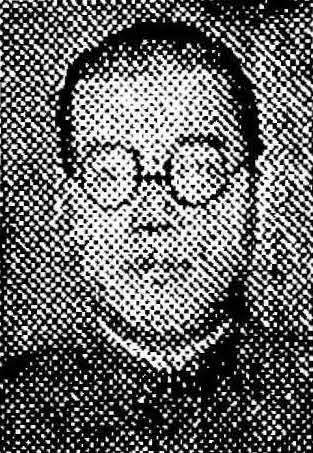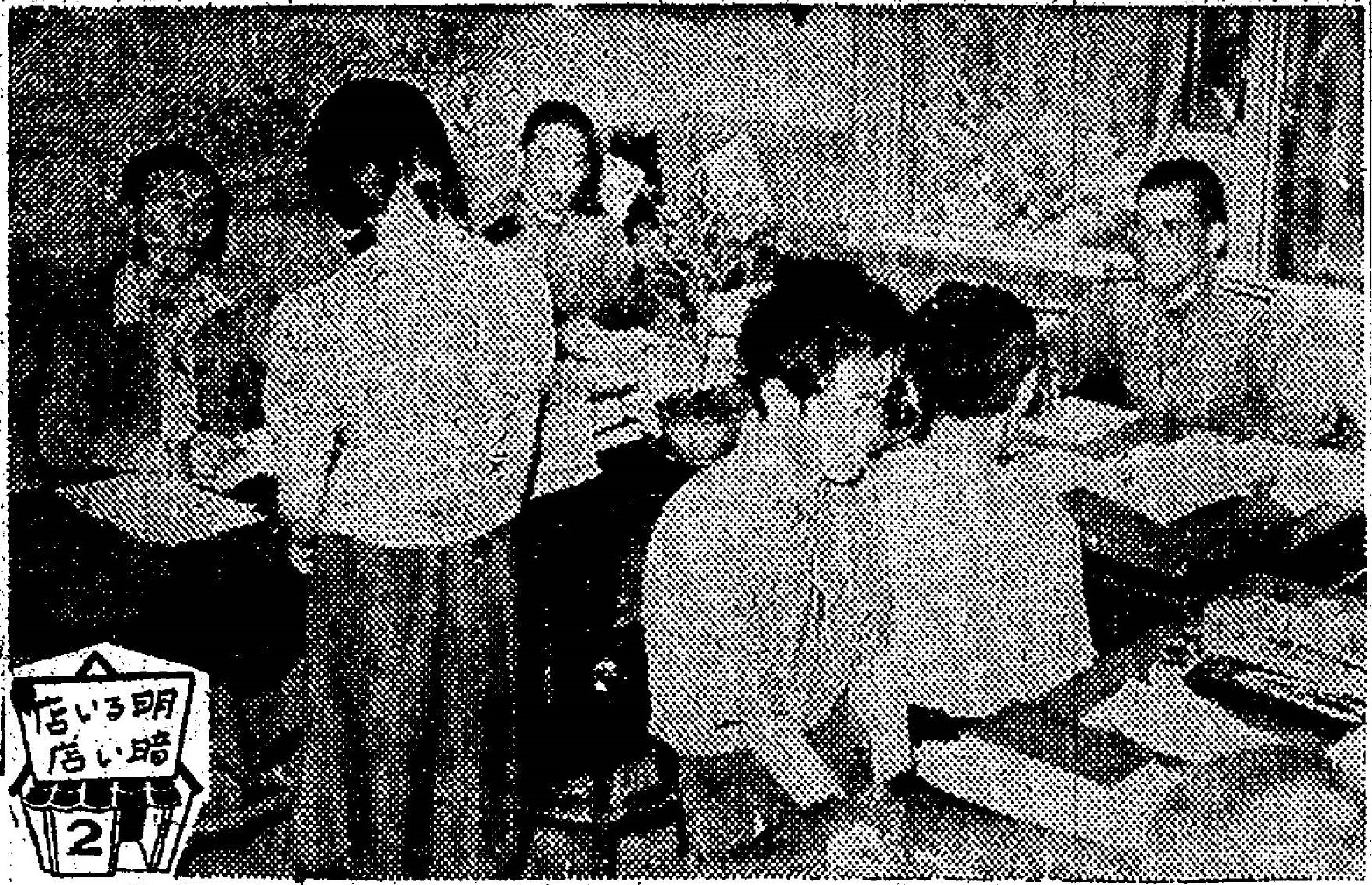
Korean economic crimes suspects interrogated by Seoul economic police; the police chief boasts of having eyes and ears everywhere on the ground, and contrasts the polite, law-abiding ‘good Korean retailers’ with the rude, greedy, dishonest ‘bad Korean retailers’ in 1942 interview
2022-12-10
359
1272
This photo shows the inside of an interrogation room of the economic police in the Dongdaemon precinct of Seoul. It appears to be quite a crowded room crammed with desks, with suspects sitting at separate desks facing police officers one-on-one. However, the standing woman with a slightly slouched, dejected body posture is facing a plain-clothed man, and a uniformed man sitting next to the plain-clothed man has his face turned toward her. My guess is that the plain-clothed man directly in front of the standing woman is a Korean translator working for the Japanese police officer sitting next to him.

The suspects are depicted to be greedy and immoral black marketeers, but in reality, many were probably selling on the black market without proper business permits just to survive, which was a story arc in the Pachinko series. The police chief confidently claims that he has eyes and ears everywhere on the ground, so the economic police presumably have a large network of spies and informants who report directly to them.
This is another propaganda article in a series of ‘Good Korean Retailer versus Bad Korean Retailer’ propaganda articles contrasting the stereotypically bad Korean (greedy, mean, dishonest, lawless) with the stereotypically good, pro-Imperial Japan Korean (selfless, kind, honest, law-abiding). See this other related article from July 10, 1942:
Japan Center for Asian Historical Records entry on the Economic Police (my translation): The Economic Police Division was a section in charge of economic control and supervision. With the outbreak of the Second Sino-Japanese War in 1937, a wartime economic control system was established in Korea. At first, the Commerce and Industry Division of the Regional Industries Bureau, the industrial divisions of each province, and the security division of the police were involved in controlling the soaring prices of daily commodities and gasoline, a strategic commodity. However, the need for specialized police officers to enforce these controls led to the assignment of police officers “engaged in police affairs associated with economic controls” to the Police Bureau in November 1938, which marked the beginning of the economic police. The Economic Police Division was established in February 1940, with four sections (General Affairs Section, Guidance Section, Control Section, and Information Section), which were assigned to take charge of affairs related to economic police. On the other hand, since the Economic Police Division was in charge of economic control and supervision, it was also expected to be involved in the area of labor mobilization to strengthen wartime productivity, and in the reorganization of December 1943, matters related to “labor recruitment control,” which had been handled by the Security Division, were transferred to the division.
(Translation)
Gyeongseong Ilbo (Keijo Nippo) July 5, 1942
We are especially rude to black marketeers
The eyes of the police are all-seeing mirrors!
“Merchants and black market transactions are said to go hand in hand. Ha ha ha! I don’t think it’s that bad, but there are indeed quite a lot of bad guys out there”.
We are in an office of the Dongdaemun Police Department’s Economic Crimes Section. The person speaking here is the police chief, Captain Hoshiro.
“I’m inside all the time, so the merchants may think I don’t know anything, but my eyes and ears are like an all-seeing mirror, and I can see everything. These days, even in hell, I can see everything and hear their voices at the same time like in a movie, so it’s pretty interesting”.
What Hoshiro is saying is a bit amazing. “Well then, I’ll do as you wish and first introduce you to the good store owners. Since I can guarantee that they are good, please make sure to praise them properly”.
Now let’s see what sorts of good store owners Mr. Hoshiro is talking about.
◇...Mr. Kim Dong-yang (김동용/金東用) is the owner of Hyehwa Trading Company and Grocery Store at 126 Hyehwa-dong. His store has a good reputation in the neighborhood. Even when women or children enter the store to buy something, he would still bow politely to each and every one of them, and not use pressure sales tactics on them as some merchants do. Of course, the prices are the same as the official prices, which is a great help to the housewives in the neighborhood. Moreover, once inside the store, the goods are displayed in an orderly fashion without a single gap in the rows of goods, so that the necessary items are immediately visible even to a new customer who peeks in.
◇...The next good store is a general store at 4 Yeji-dong in the Dongdaemun Market. The owner, Mr. Yuh Yong-sang (유용상/劉容相), is proud to be in charge of an important kitchen in the eastern part of the city, and he is doing his best to serve his community. He is the model merchant at Dongdaemun Market. He is always kind to his customers. He tries to sell his smile more than his products. Hats off to Mr. Yuh, who stands alone by himself aloof and sneers at the other merchants who are vigilantly watching for the economic police to let their guard down.
While the above two stores are model stores that were highlighted by Captain Hoshiro’s high praise, the next two stores are owned by notorious offending merchants. They are a rare breed of sick individuals of the black market who have not reformed themselves despite being warned repeatedly by the economic police.
◇...A man named [redacted], who runs a grocery store at 182 Wonnam-dong, has been punished three times so far by the Dongdaemun Police Department, and he is a habitual pricing violator. He has a bad reputation in the neighborhood, and his arrogant attitude toward his customers with his pressure sales tactics sums up everything. This man does not change his ways no matter how many times he is warned by the police, and he is well documented in detective inspectors’ notes as the leader of the delinquent stores in the Dongdaemun police precinct.
◇...A man named [redacted] runs a grocery store in the same Dongdaemun Market as Mr. Yuh. He has always been pursuing his own personal gain and has been operating his business with a hateful and arrogant attitude, taking advantage of his customers’ weaknesses, and making unreliable and unscrupulous statements about prices. This man is notable for having been scolded four times by the Dongdaemun Police Department so far, but he has not changed his ways. Although we warn him every chance we get, we may even take away this immoral merchant’s business license if necessary.
The above four stores mentioned by Captain Hoshiro represent opposite ends of a spectrum between light and darkness among the grocery stores that are entrusted with the lives of the residents of the Dongdaemun police precinct.
Captain Hoshiro went on by saying, “Since problems with food supplies affect the hearts of the residents the most, the attitude of the merchants who deal with food supplies should always be to take responsibility for ensuring the stability of the lives of the people on the home front, so they must not be absorbed even a little in making a profit. If there is a merchant who is still unwilling to cooperate …” Captain Hoshiro looked around at the faces of the suspects in front of him and continued, “they will have to be interrogated like this”. As he popped his fingertips on a stack of documents, he giggled.
[Photo: Interrogation at the Dongdaemun Police Station]
Source: https://www.archive.org/details/kjnp-1942-07-05
(Transcription)
京城日報 1942年7月5日
闇商人に限って横柄
警察の眼は浄玻璃ですぞ
「商人と闇取引はつきものだって云うのですがね。ハハハ、まさかそれほどでもありますまいが、しかし悪い奴は相当おりますよ」
所は東大門署経済係室。語る人はそこの主任帆代警部だ。
『私は室内ばかりにいるので商人は私は何も知らないと思っているかも知れませんが、私の耳はそして目は浄玻璃の鏡みたいなもので何でも写し出されて来ますよ。この頃は地獄の方もトーキーになって姿と同時に声も聞こえてくるのですから面白いもんです』
帆代さんのいうところは一寸凄い。『さて、ではお望みに答えて先ず善良な店から御紹介に及びますが、これは私が保証するのですからガッチリと賞めてやって下さい』
さてこそ帆代さんの口から語られる良い店とはどんな家であろうか。
◇...恵化町一二六食料品店恵化商会主金東用さんは近所でも評判の善良商店だ。女、子供が買いに行っても一々丁寧に頭を下げて、どこやらの商人のように「売ってやる」といった態度は示さない。無論値段は公定価通りで附近の主婦は大助かりだ。その上、一歩店内に入れば整然として一分の隙もなく商品は陳列されて初めてのお客さんが覗いても必要な品物は直ぐ目につくように列べてある。
◇...次の良い店は礼智町四東大門市場内の雑貨屋劉容相商店主劉さんであるが、この人も東部地区の大切な台所を預かっていることに誇りを感じて一生懸命に職域奉公に尽くしている。お客さんには親切、売物は商品よりも笑顔をといった市場内の花形商人だ。ほかの商人が虎視眈々と経警の隙を狙っている姿を冷笑して一人超然としている劉さんには全く頭が下る。
以上の二店舗が帆代主任の激賞によって浮かび出た模範店であるが、次なる二店は今流行の違反商人。経警から幾度警告しても納まらないという稀代な闇取病患者である。
◇...苑南町一八二食料品店経営の〇〇〇〇という男は今日まで東大門署で三回も処罰されたという価格違反常習者で、附近の評判も悪く、「売ってやるぞ」の傲岸な態度がその全部を表現していた。この男何回警察に注意されても改めず、東大門管内の不良店舗の親玉として日頃から査察刑事のメモに黒々と記入されているものだ。
◇...いま一軒は同じ東大門市場に食料品店を開いている〇〇〇という男で、これは常に私利追及に余念なく、客の弱味に付けこんで憎いまでに横柄な態度で接し価格も当てにならない出鱈目を述べて人を喰った無自覚な営業を続けていた。この男も今日まで四回に亘って東大門署から痛いお灸をすえられたという肩書のもち主だが、その後も一向に改まらず、機会ある毎に注意はしているが、場合によっては営業権も取り上げるかも知れないという悪徳商人ぶりだ。
以上、帆代主任の口から語られた明暗二流の店は東大門署管内部民の大切な生命を預かる食料店として両極端を行く者の中から拾い上げた四軒であるが、
『食料の問題はいちばん住民の心に影響するものですから、これを取り扱う商人の態度はいつも銃後国民生活の安定を図る責任をもって進み、少しでも営利に汲々としているようなことがあってはなりません。それでもなおきかない商人があったならば...』と、ここまで帆氏さんはいうとグルリと前にいる被疑者の顔を見廻して、『こんな姿で取り調べを受けねばならんのですよ...』と山ほどある調書を指先でちょいと弾いてクックッと咽喉で笑うのだった。
【写真=東大門署経警係の取り調べ】
